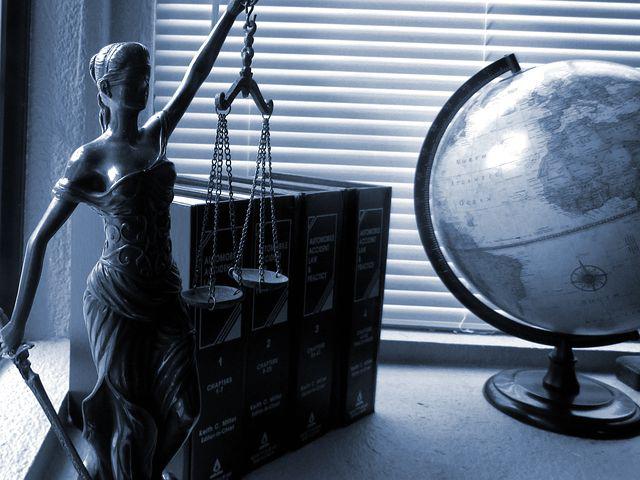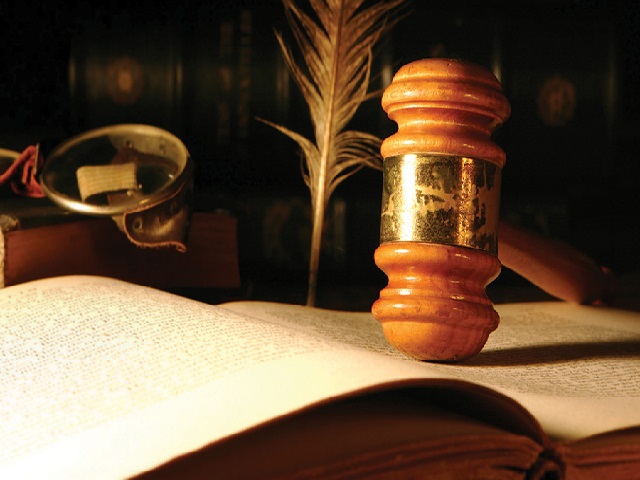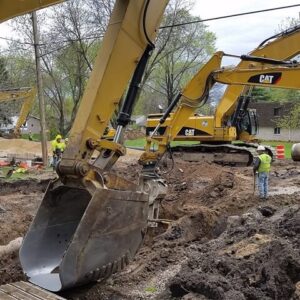Recording telephone calls, as well as in-person conversations, is a typical technique of covert private detectives as well as hostile investigative journalists. Such recordings can make or damage a case or investigation.
Actually, many private detectives check out undercover recordings as a vital tool in their arsenal. Nevertheless, others do not utilize recordings due to the complicated lawful dangers that it creates.
There are essential questions of law that need to be totally recognized prior to developing a consistent plan about making and making use of covert recordings. Both federal and state laws control the use of electronic recording tools. The illegal use of such devices can give rise not only to civil legal actions brought by the “hurt” events but additionally prosecution is possible.
Accordingly, it is critical that private investigators, attorneys, as well as journalists, completely comprehend all the laws that may relate to a given collection of situations, and value what their civil liberties and also responsibilities are when tape-recording and also divulging communications.
Although many of the appropriate laws attend to wiretapping as well as eavesdropping (i.e., listening in on discussions of others without their understanding), these exact same laws might relate to the recording of any kind of conversation, including phone calls and also in-person discussions.
Federal regulation typically permits the recording of telephone calls and various other electronic interactions with the permission of at least one event to the call. A bulk of the states, as well as regions, have taken on wiretapping laws based on this government legislation, although a lot of also have extended the law to cover in-person conversations.
Thirty-eight states and the District of Columbia permit individuals to record conversations to which they are an event, without specifically informing the other events that they are doing so. These states are normally referred to as “one-party consent” states, and as long as the investigator (or the individual doing the recording) is a party to the discussion, it is legal for him to tape it.
Twelve other states call for, under the majority of conditions, the consent of ALL parties to a discussion. Those jurisdictions are The golden State, Connecticut, Florida, Illinois, Maryland, Massachusetts, Michigan, Montana, Nevada, New Hampshire, Pennsylvania, and Washington.

No matter the specific territory included, it is usually illegal to record a conversation to which you are NOT a celebration, do not have grant tape, as well as could not normally hear in a public place.
Additionally, complicated lawful problems can arise when interstate phone calls are taped by among the celebrations to the call. As an example, a detective situated in New york city State who tape-records a telephone conversation without the consent of a party situated in Illinois would certainly not go against New york city State legislation but could be civilly as well as even criminally liable under Illinois regulation.
A court located in New york city State may even apply Illinois’ laws, depending upon its “conflict of laws” rules. As a result, a hurt party may choose to file suit or a criminal problem in either jurisdiction, depending on which regulation is inevitably extra desirable to the party’s case (and where the territory lies).
Additionally, government legislation might apply when the discussion is in between celebrations that are in various states, although it is uncertain whether a court will keep in a provided instance that government law preempts state legislation. For more information or to read all about dba claims, check out their page to learn more.





